
Bakrid 2025, expected on June 9th, is a celebration of faith, sacrifice, and unity. This blog explores its spiritual essence, evolving traditions, and how communities are blending modern values with timeless rituals.
Introduction
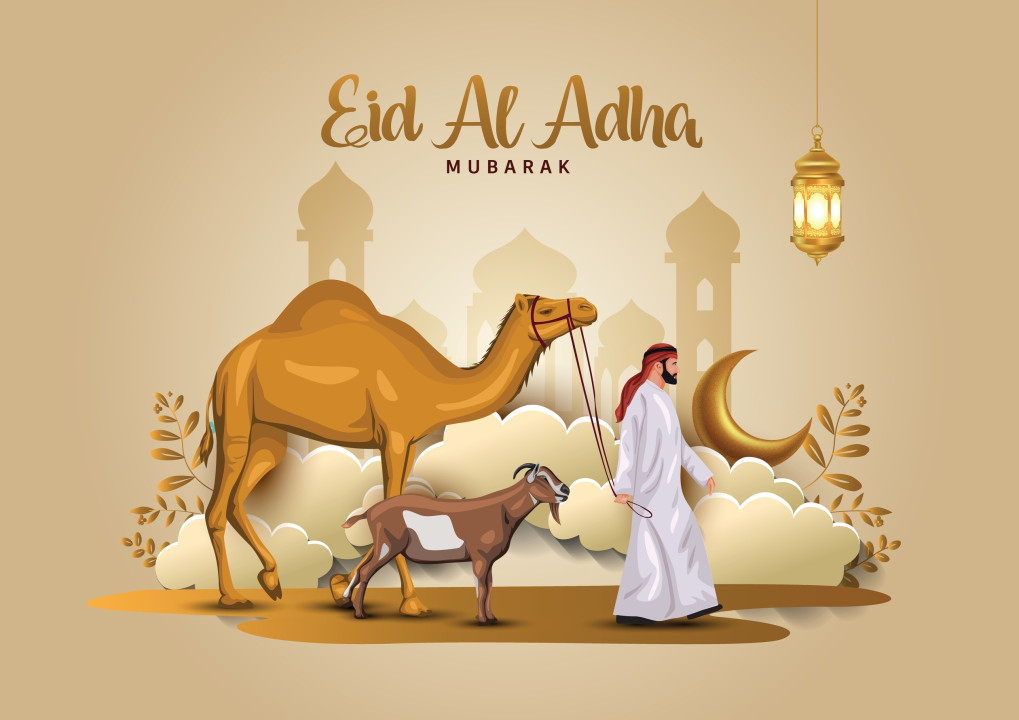
Bakrid, also known as Eid al-Adha, is one of the most sacred festivals in the Islamic calendar. In 2025, this significant day is expected to be observed on Monday, June 9th, depending on the sighting of the moon. It commemorates the unwavering devotion of Prophet Ibrahim (Abraham) and his willingness to sacrifice his son in obedience to God. Over the years, while the traditions remain strong, Bakrid has also evolved in how it is celebrated across different cultures and generations.
It’s a time that brings families, communities, and even entire nations together in the spirit of unity, generosity, and love. As the world grows more fast-paced and digital, Bakrid stands as a reminder of the power of faith and human connection.
The Spiritual Core of Bakrid
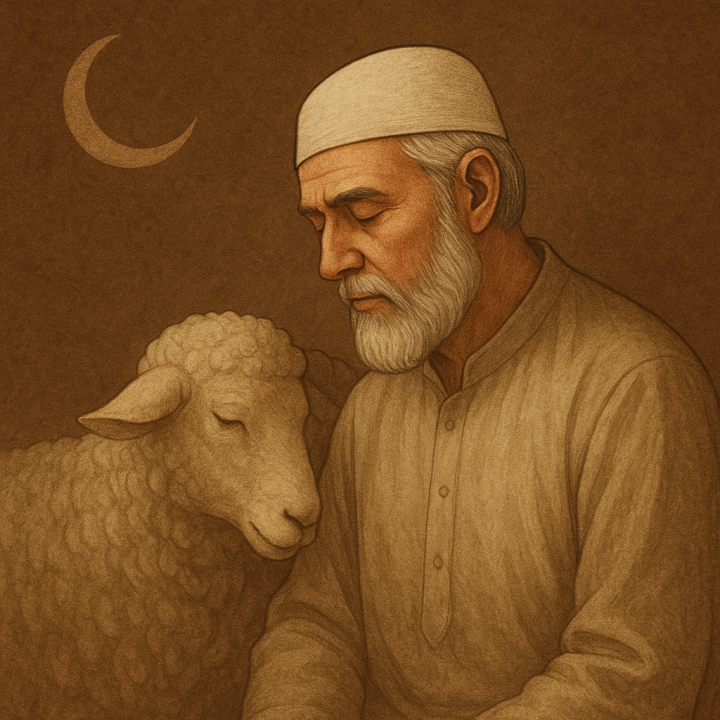
At its heart, Bakrid is a day of deep faith and reflection. The story of Prophet Ibrahim’s test of devotion reminds Muslims worldwide of the values of sacrifice, trust in divine will, and unconditional submission to God. The ritual of Qurbani (animal sacrifice) is symbolic of letting go of ego, pride, and material attachment.
This sacred act represents not only physical sacrifice but also the emotional and spiritual willingness to surrender one’s desires for a higher purpose. It's a day that encourages introspection, reminding believers to evaluate their intentions and purify their hearts from worldly distractions.
Traditional Practices that Continue to Unite
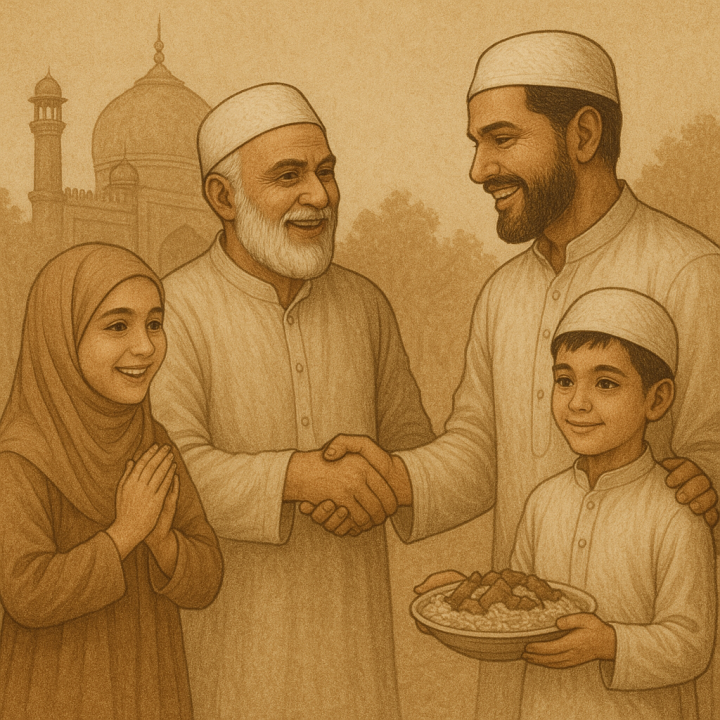
Despite regional differences, the core customs of Bakrid remain timeless. From offering special prayers at mosques to preparing and sharing meat with the needy, family, and friends, the festival fosters a sense of community and equality. Wearing new clothes, exchanging greetings of “Eid Mubarak”, and visiting loved ones are integral parts of the celebration that reinforce family bonds and shared joy.
Food also plays a central role in the celebration — from traditional biryanis and kebabs to sweet treats like sheer khurma, every household becomes a hub of hospitality. These customs, handed down through generations, keep the spirit of Bakrid alive and vibrant.
Modern Twists on Celebrations
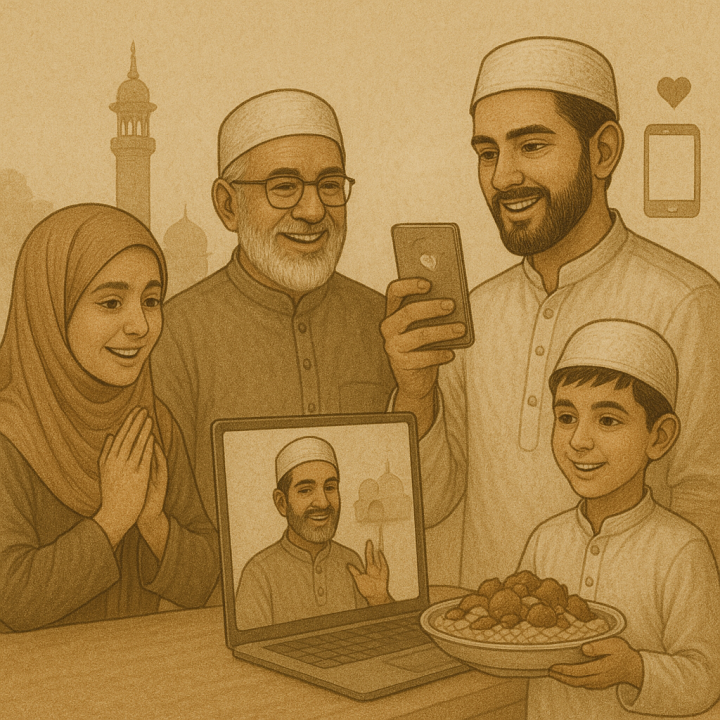
In 2025, many families are blending tradition with convenience. With urban living and global migration, some now opt for online Qurbani services that donate meat directly to underprivileged communities. Virtual meetups and video calls connect families across continents, making celebrations inclusive regardless of distance. Social media also plays a role in sharing messages of peace and unity, making Bakrid more visible and connected than ever.
Young Muslims are also using digital platforms to raise awareness about the festival’s true meaning, countering stereotypes and building bridges across cultures. Technology has allowed Bakrid to become more accessible and inclusive without diluting its core values.
Sustainability and Conscious Giving
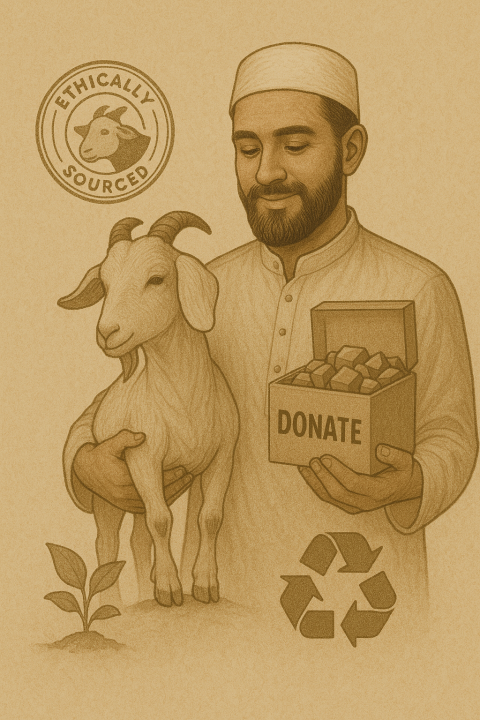
A growing awareness of sustainability is shaping how Bakrid is observed. Ethical sourcing of sacrificial animals, eco-friendly packaging, and mindful distribution of meat are now being prioritized. Many choose to donate to NGOs and relief organizations to ensure that the spirit of giving reaches those truly in need. These mindful actions align with the core values of Bakrid — compassion, sharing, and care for creation.
The emphasis is shifting from extravagance to empathy, with communities focusing on reducing waste and maximizing impact. This transition reflects a deeper understanding that true sacrifice lies in thoughtful, meaningful action.
Unity in Diversity: Celebrating Together
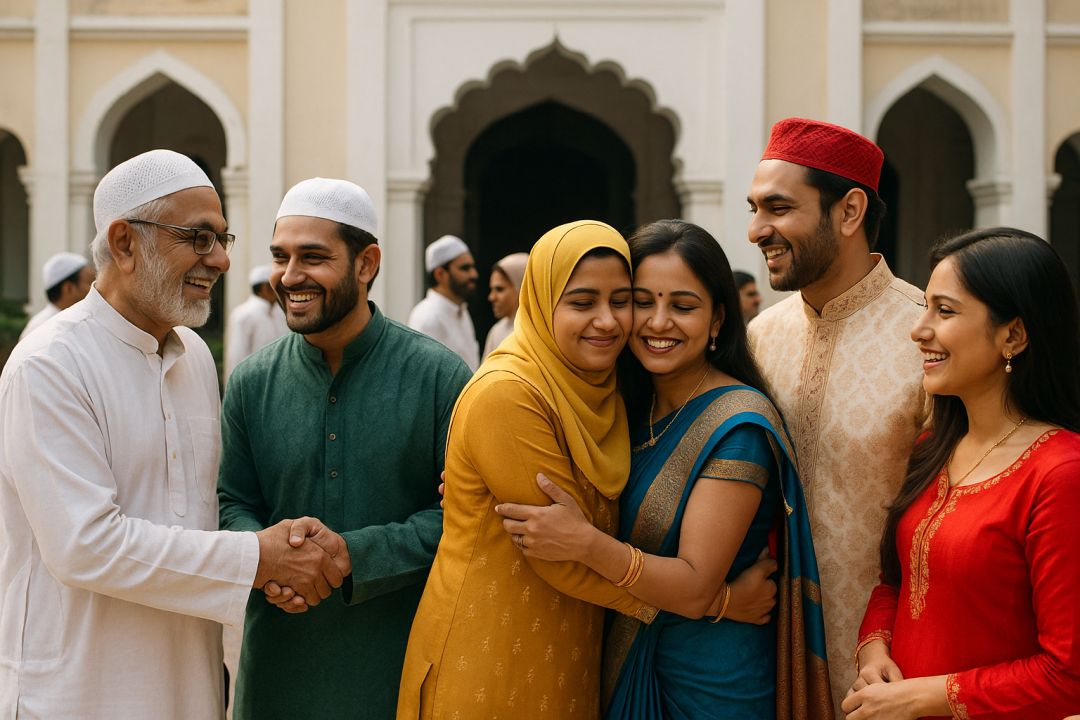
India and many multicultural countries exemplify how Bakrid bridges communities. Non-Muslim neighbors often join in the feasts and share warm greetings, reflecting the broader message of unity in diversity. In schools and workplaces, cultural awareness programs and inclusive celebrations promote respect and understanding. Bakrid 2025 continues this legacy, reminding us that faith can be a bridge, not a barrier.
This celebration of pluralism strengthens social harmony and highlights how different faiths can coexist and enrich one another. Bakrid’s message of unity extends beyond religion — it resonates as a universal call for peace, respect, and humanity.
Conclusion
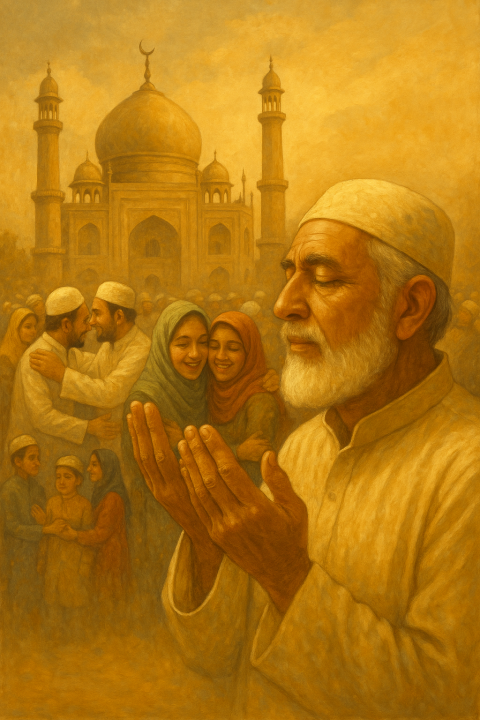
As we approach Bakrid 2025, the festival’s timeless message remains: true sacrifice lies not just in ritual, but in selflessness, humility, and empathy. In a world that often feels divided, Bakrid calls on us to embrace togetherness, share blessings, and uplift those in need. May this Bakrid be a time of peace, renewal, and joy for all.
Let us carry the values of this sacred day into our daily lives — showing kindness to strangers, generosity to the less fortunate, and unwavering love to those close to our hearts.